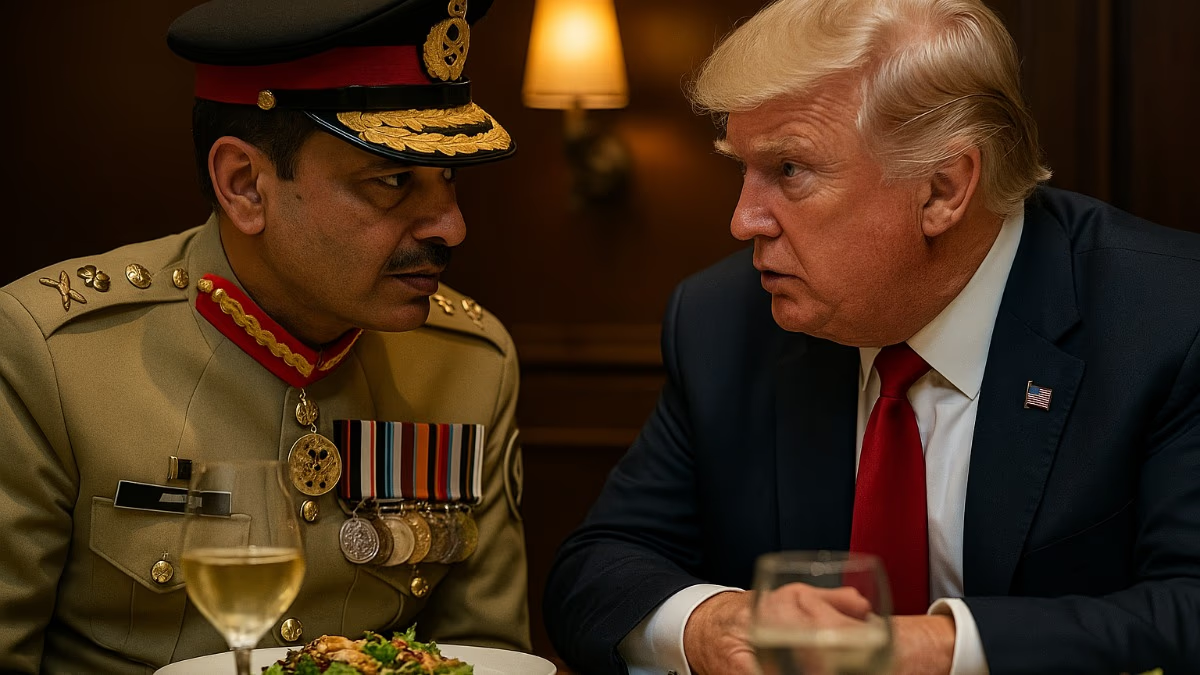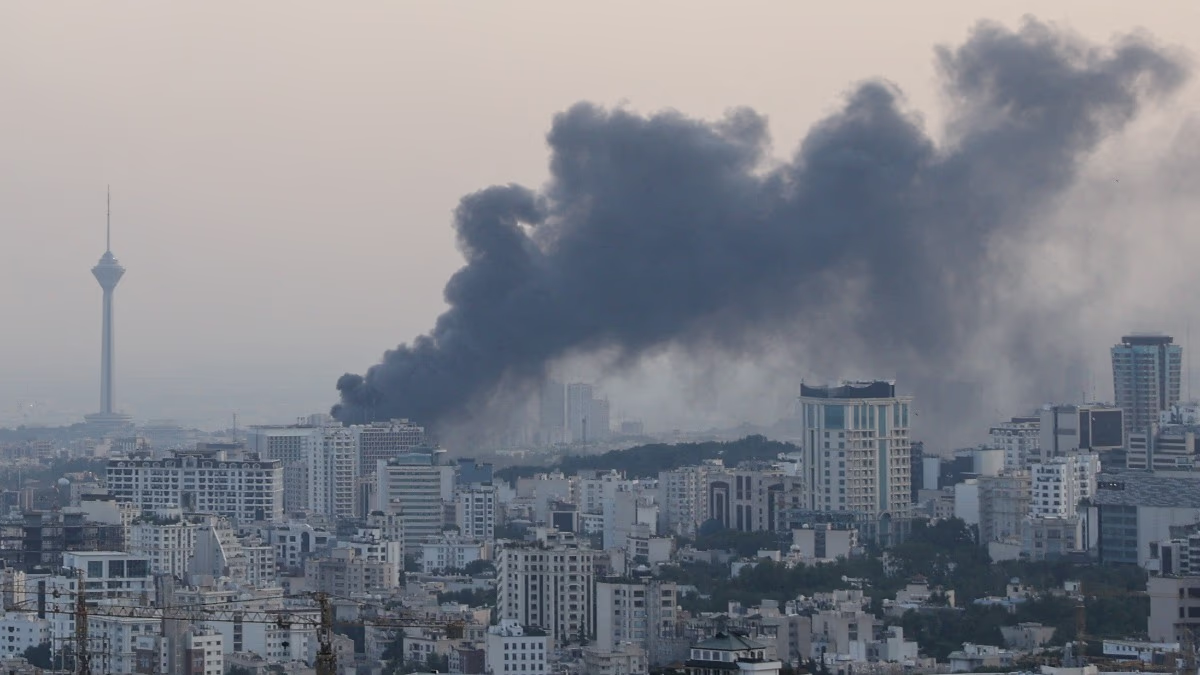In January 2018, then US President Donald Trump started the year with a stern message aimed at Pakistan. Trump accused Pakistan of 'betrayal' through a tweet, stating, 'The United States has foolishly given Pakistan more than 33 billion dollars in aid over the last 15 years, and they have given us nothing but lies and deceit in return. They think of our leaders as fools. They provide safe haven to the terrorists we hunt in Afghanistan. No more!' Consequently, the Trump administration suspended security aid to Pakistan, alleging harboring terrorists and undermining US interests in Afghanistan.
However, now in his second term, a noticeable shift in Trump's policy and stance is evident. Recently, General Michael Kurilla, the head of US Central Command (CENTCOM), described Pakistan as 'an extraordinary partner in counterterrorism efforts.' With Pakistan's Army Chief Asim Munir about to meet Trump, questions arise as to why the same US that once called Pakistan's army an ally of terrorists is now engaging with them?
A Behind-the-Scenes Meeting with Trump
Pakistan's Army Chief, Field Marshal Asim Munir, is scheduled to meet US President Donald Trump for a private lunch at the White House on Wednesday. This confidential luncheon will occur in the Cabinet Room, with no media coverage permitted. According to the president’s public schedule, the meeting between Trump and Asim Munir is set for 1 PM (Washington time) in the White House's Cabinet Room. Reports suggest that during his USA visit, Pakistan's military chief may also meet US Secretary of State Mark Rubio and Defense Secretary Pete Hayes. Munir arrived in Washington on a five-day official visit aimed at strengthening strategic relations with the USA.
Does Trump Want a Military Base in Pakistan?
This meeting is rooted in several strategic motives reflecting the changing dynamics of US foreign policy and regional equations. One potential reason could be the establishment of a military base in Pakistan, providing various advantages for the US. Especially with its adversary, Iran, engaged in conflict with Israel, Trump knows that in a country buried in debt, amidst economic turmoil, political instability, and widespread corruption from the government to the army, such an enterprise would not be difficult.
Benefits of a US Military Base in Pakistan.
Friends and Foes in Conflict:
Tensions in the Middle East have reached a peak. Israel, embroiled in battles with Hamas, now faces war with Iran. The entire West, along with the US, stands firm with Israel, declaring Iran must not develop nuclear weapons under any circumstances. Speculations arise about potential direct US involvement in this war. America's most trusted ally, Israel, is on one side, and its staunch enemy, Iran, on the other. A military base in Pakistan would allow the US to establish a presence near Iran's eastern border, obtaining ground-level intelligence and preparing for military actions if needed.
Keeping an Eye on China's Strategy:
The US views China's growing influence as a threat to an open and free Indo-Pacific. The primary aim of the Quad is to counter this threat. Not just at sea, but China's growing presence on land, including its ‘Belt and Road Initiative’ (BRI) project, is worrisome for the US. The vast China-Pakistan Economic Corridor (CPEC) passes through Pakistan's Gwadar Port. The US does not want Pakistan to fall entirely under Chinese influence. A military presence in Pakistan would challenge China's dominance and maintain power balance in South Asia.
Fear of Terrorism Resurging:
Post US withdrawal from Afghanistan, its military presence in the region has completely dissolved. Now, with the Taliban ruling Kabul, there is a persistent concern of rising terrorism since it was from here that Laden orchestrated 9/11. A US military base in Pakistan would aid in monitoring Afghanistan and preventing potential terrorist threats. Moreover, it could pressurize Pakistani intelligence and military to act more stringently against terrorism.




